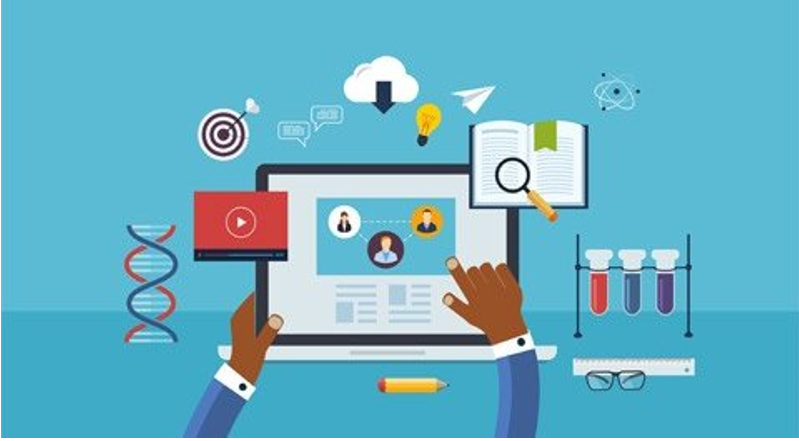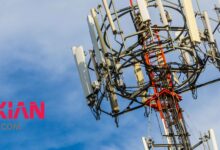Guest Post: Cost-effective Digital Learning

While the rate of internet adoption keeps on rising especially in many African countries, the cost is still too high for most communities to fully enjoy its benefits. One of the most affected areas is the education sector.
Connecting schools to the internet can greatly boost the quality of education and provide vast learning resources and promote knowledge and resources sharing. For institutions that are still experiencing challenges with the internet, Open Education Resources (OERs) are proving to be a vital resource.
Most of the OERs can be deployed offline and be accessed without the need for internet connection. Learners are able to study, take quizzes and do their research offline. Some of these resources, such as KA Lite, will allow you to bring the power of online learning to the offline world by tracking your learners while they watch instructional videos and take quizzes. This greatly increases accessibility to quality learning resources especially in communities where internet connection is a challenge. They significantly help in saving on cost and time by reusing already existing educational resources. They eliminate the cost of internet and deliver seamless and streamlined offline digital learning experience with ease by deploying the OERs to your local server and community networks.
Read: Partnering for inclusive and transformative digital education in Africa
Below is a list of some OERs that can be deployed into local servers and community networks:
- PhET – Interactive simulations for science and math based on extensive education research and engage students through an intuitive, game-like environment where students learn through exploration and discovery.
- KA Lite – An offline version of Khan Academy. A free lightweight solution providing high-quality education where you need it most. KA Lite offers instructional videos from Khan Academy in math, science, history, and economics
- Wikipedia – Deploy Wikipedia to your local server and search for content without an internet connection.
- Wiki Source – A digital library of public domain texts, films, and similar material. It can be used by Wikipedians to provide the full text of documents, further reading or sources for citations.
- Project Gutenberg – A digital library of free ebooks.
- TED Talks
While most open education resources are freely licensed and publicly available, they may not provide localized content that some users may be in need of. However, they still offer a cost-effective and readily available alternative that can help improve the quality of education.
This article was written by Elias Kinyua. Elias is an E-learning specialist with skills in eLearning design and development, Instructional design, and Training. Experienced in creating dynamic interactive eLearning content and learning management systems. Email him muriithielias@gmail.com for assistance setting up an offline digital learning environment, feel free to reach out.




